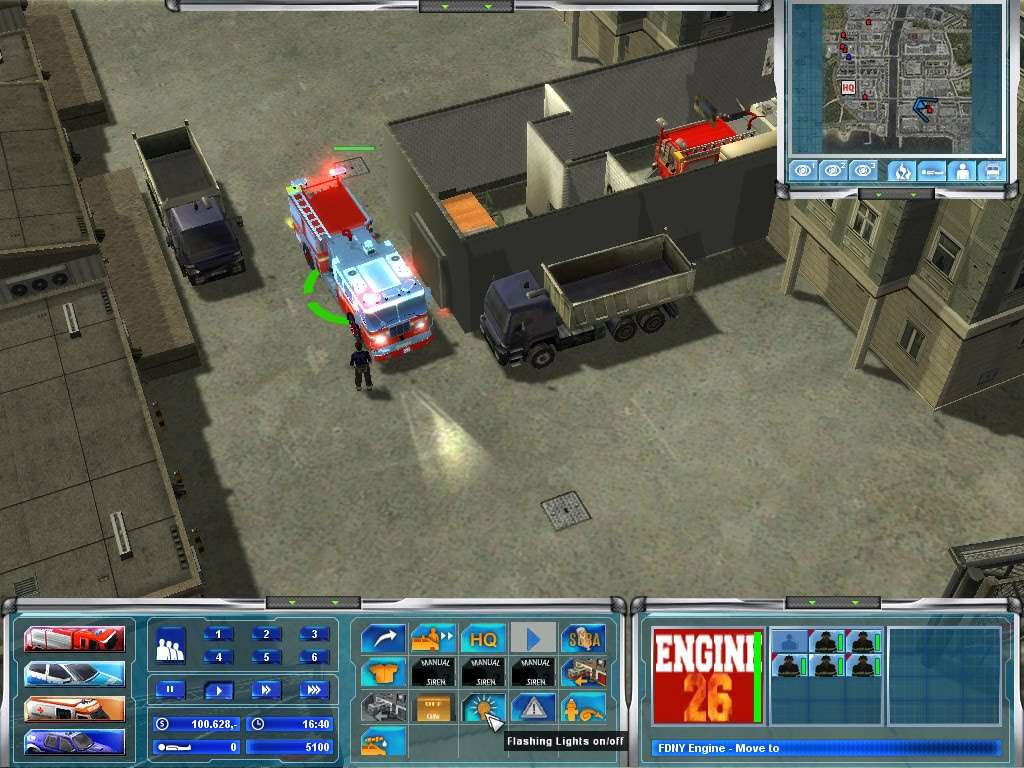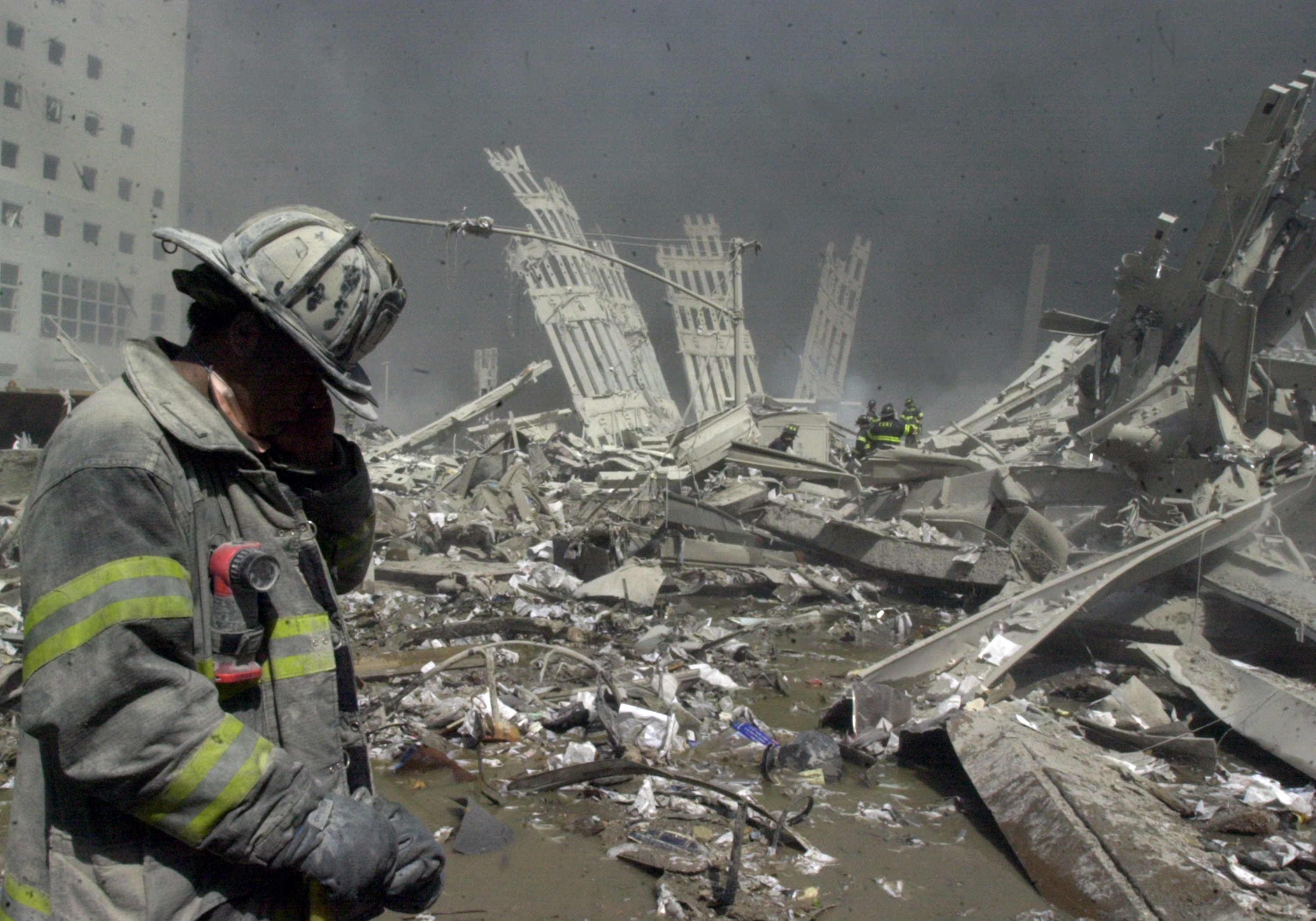


States have also implemented or introduced initiatives that would help protect first responders from getting sick with the novel virus. New York has pending legislation that would allow volunteer firefighters and volunteer ambulance workers to be covered by the state’s workers’ benefits law for any condition, impairment of health or death resulting from COVID-19. Consequently, any time spent in recovery or quarantine would be counted as duty time. The bill in Massachusetts would establish the presumption that any coronavirus illness experienced by first responders, and any resulting hospitalization, quarantine or self-quarantine, is work-related. Similar initiatives are pending in Massachusetts and Ohio. The new law exempts them from having to prove they got sick on the job to obtain benefits.

Minnesota recently enacted legislation ensuring that first responders qualify for workers’ compensation if they catch the coronavirus. Senate resolution commends their bravery and courage for “putting themselves at risk while providing critical care to those who have COVID-19.” Legislatures around the country have reacted fast to help tackle the most pressing issues.Įxpanding workers’ compensation benefits seems high on the agenda in several states. State emergency executive orders in many states, such as Arizona and Delaware, mention first responders explicitly when defining essential workers.Ī pending U.S. The coronavirus pandemic has significantly affected first responders across America as some 911 call centers experience a record number of calls and frontline workers grapple with new and unknown circumstances.


 0 kommentar(er)
0 kommentar(er)
